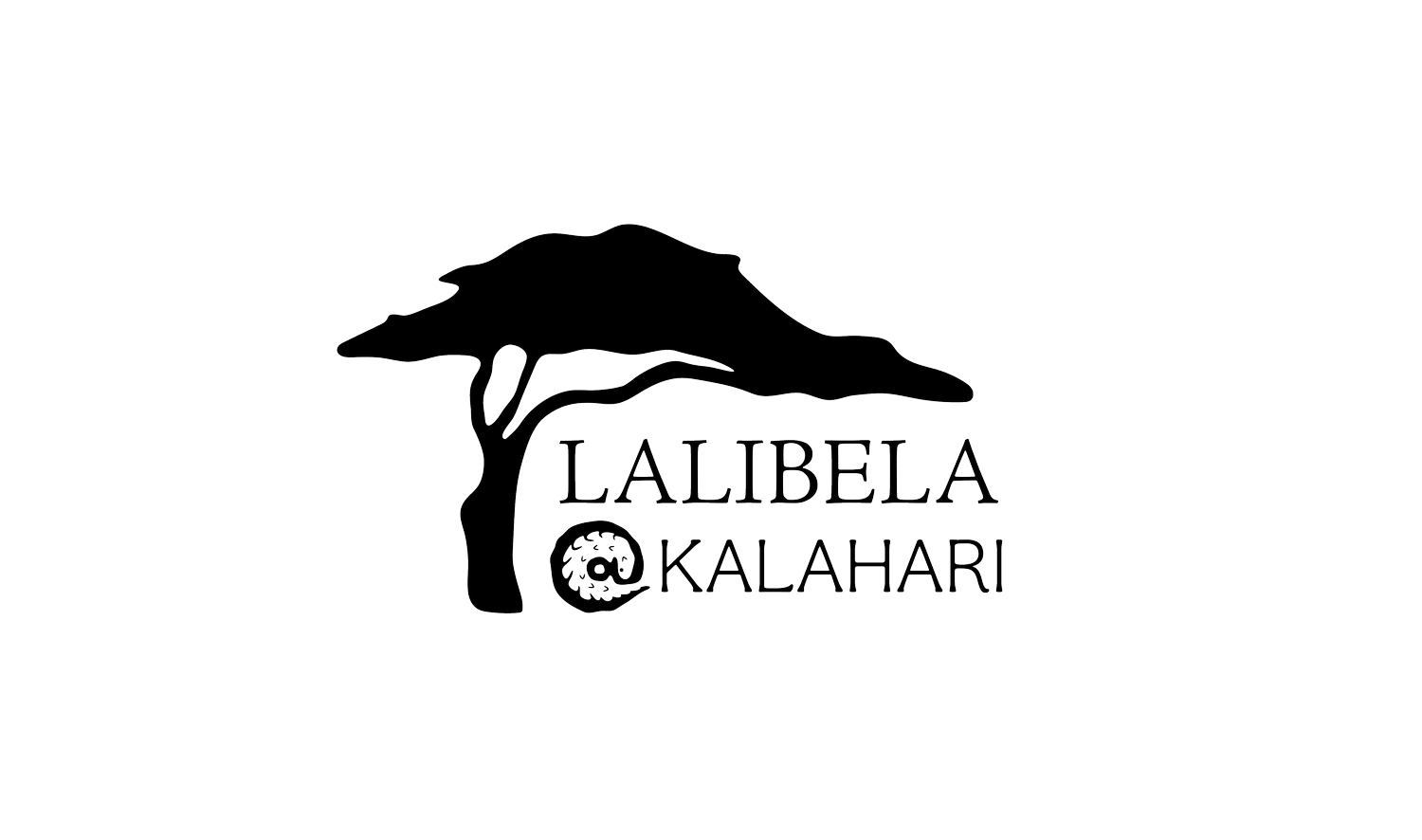
Vision

Intact and healthy wildlife habitat is rapidly shrinking. As it does, it becomes increasingly imperative that we learn how to optimize the management and rehabilitation of available ecosystems. This is vital if we are to sustainably maintain a healthy balanced environment in which the indigenous flora and fauna can thrive. To this end, the Lalibela group, already a leader is sustainable conservation, has invested in a large block of pristine Kalahari wilderness, known as Lalibela Kalahari. The driving vision here is three fold.
Firstly
to preserve viable habitat in which indigenous wildlife of all sizes can thrive in a secure environment.
Secondly
to aid in the protection, rehabilitation, and rewilding of threatened species and in so doing, build up strategic breeding nuclei from which to repopulate denuded habitat and supply much needed Kalahari genetics into national meta populations.
Lastly
to open the Reserve for conservation based, non-invasive research to help answer some of the myriad of questions and challenges faced by conservationists in Southern Africa, and beyond. Under the guidance of our own in-house scientific panel, we are hoping to make the property available to scientists from all over the globe.
Lalibela Kalahari is currently home to a wealth of faunal diversity. In addition, we have been able to successfully bolster the populations of some of the most vulnerable species. While these strategic interventions have worked well, they have equally generated a plethora of questions that we, and I’m sure the overwhelming majority of wildlife conservationists, would love to see answered. This is what we are hoping to achieve through channelled research.
The Reserve is largely unique in that it is unfettered by a parallel hospitality product. While these are often one the commercial drivers that help secure and restore large blocks of conservation property, tourism and research can sometimes be divergent in their respective models. It is hoped that the answers we generate, will assist the tourism reserves, including Lalibela Game Reserve in the Eastern Cape, in maintaining best practice in wildlife management. Reciprocally, an optimally balanced eco system at Lalibela Game Reserve should generate the tourism revenue to sustain our mandate in the Kalahari.
